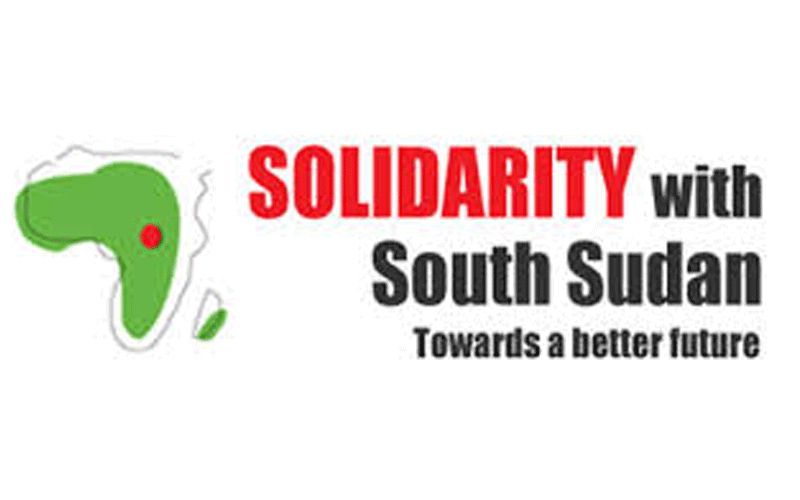Juba, 17 January, 2020 / 8:46 pm (ACI Africa).
Solidarity with South Sudan (SSS), a Catholic collaborative entity of religious congregations involved in capacity building in the world’s youngest nation through education, health, agriculture and pastoral programs, has expressed readiness to adopt the new education curriculum, commending the government for introducing a student-centered approach to learning, a method that allows learners a level of independence designed to foster their creativity.
SSS Executive Director, Fr. Jim Greene said the new curriculum will engage with the learner’s mind and provoke imagination and resourcefulness when they eventually graduate from school.
“It (new curriculum) is not just about standing on the board, writing down things on the blackboard, and telling the students to write and remember things; it is to engage with each student’s mind and with a creativity, to see how they can best understand what has been taught to them,” Fr. Greene, a Missionary of Africa, said in an interview with ACI Africa Tuesday, January 14.
Comprising men and women religious institutes and members of the Unions of Superiors General (USG) in partnership with the Sudan Catholic Bishops’ Conference (SCBC), SSS has a functioning Teacher Training College (TTC) in Yambio, which according to Fr. Greene, will benefit immensely from the new curriculum.
The missionary priest revealed that the TTC, which has been admitting students for the last nine years has already been using a student-centered mode of teaching, much as they intend to implement it fully next month.








